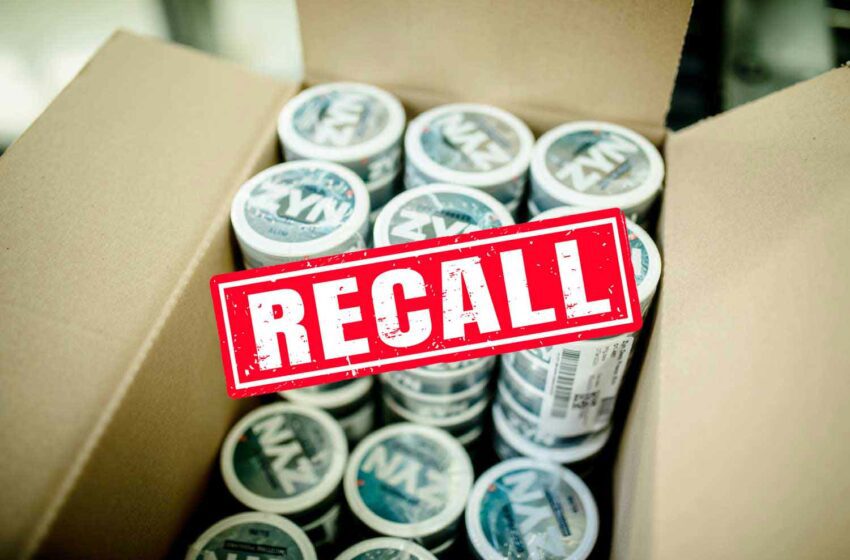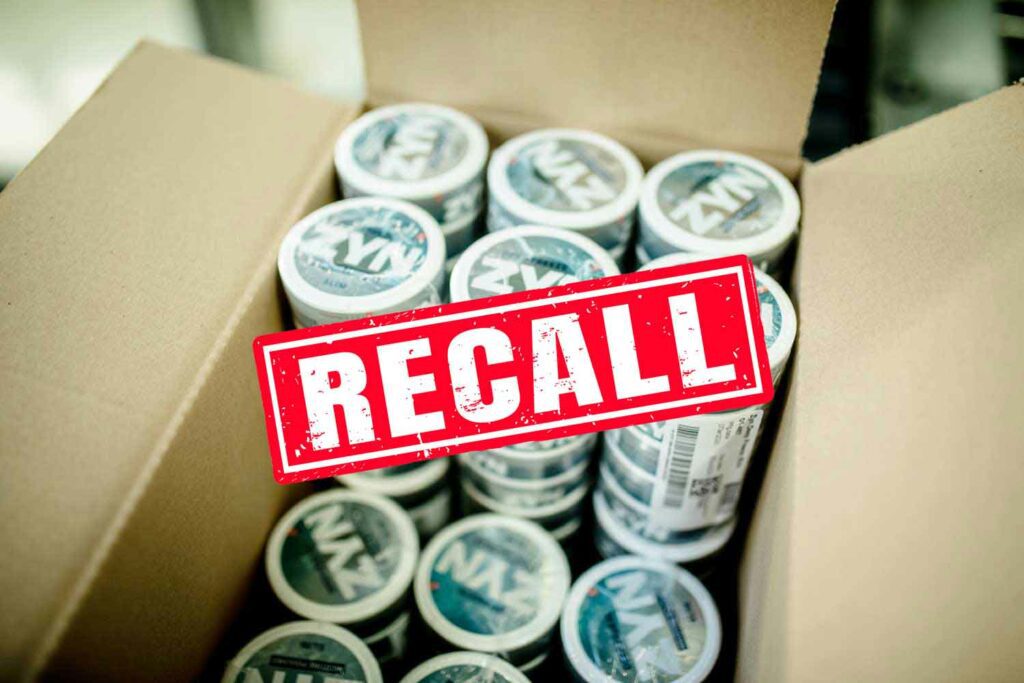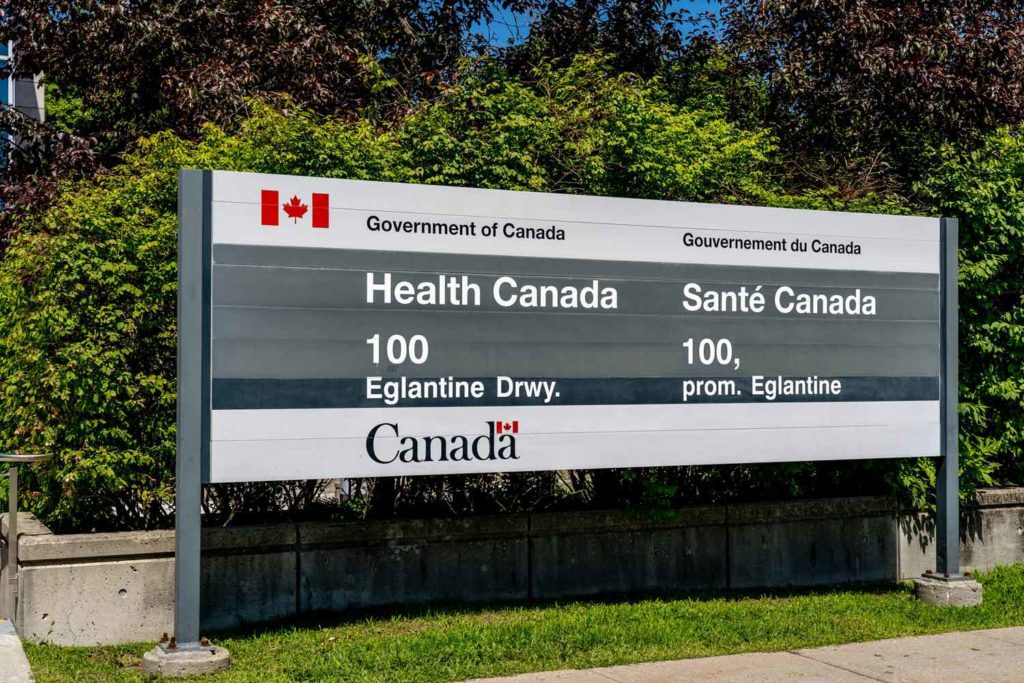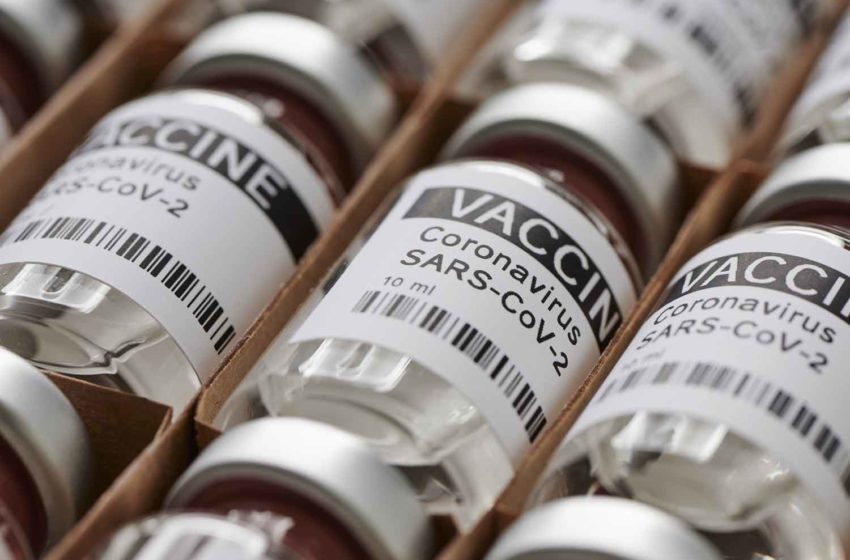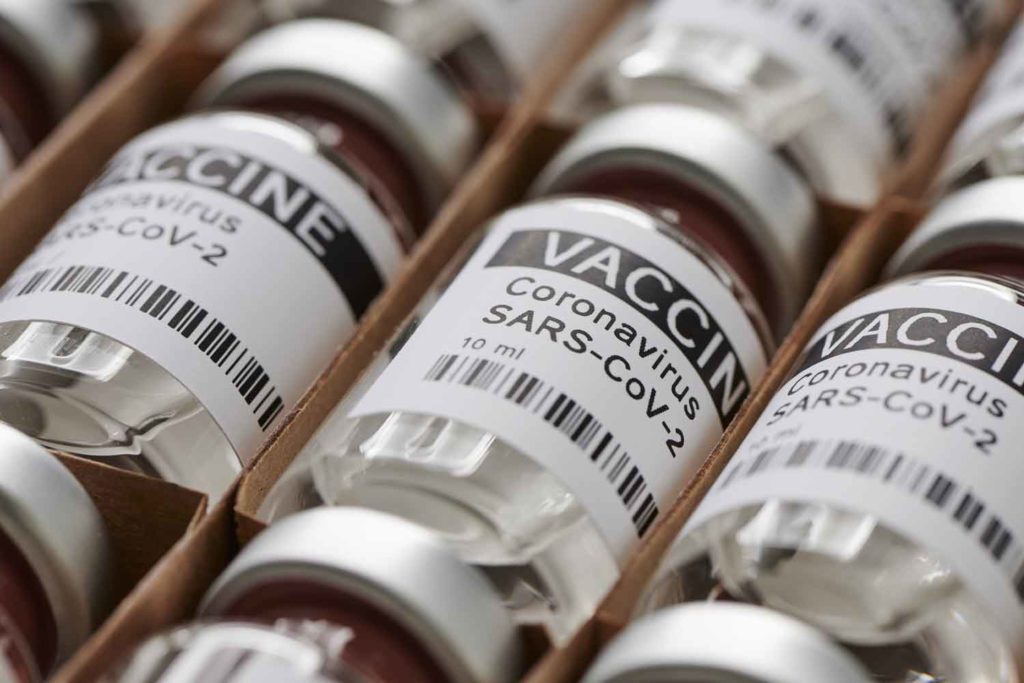
Canada’s proposed list of permitted vapor product additives includes dangerous ingredients, according to Imperial Tobacco Canada (ITCAN).
“To put it bluntly, the list contains at least one known substance that could cause cancer,” said ITCAN Vice President, Corporate and Regulatory Affairs Eric Gagnon in a statement.
According to ITCAN, several ingredients on the flavor ban proposal list of permitted ingredients are substances that its parent company, British American Tobacco, categorically avoids in its vaping products.
The company says BAT’s toxicological risk assessment prevents the use of substances classified as having carcinogenic, mutagenic or reprotoxic (CMR) properties, as per the Globally Harmonized System for classification and labelling of substances.
“It is shocking that the government would include a proven and classified CMR substance in its lists of permitted additives for vaping products,” ITCAN wrote on its website. “The effect of a regulation that formally permits such ingredients is simply an encouragement to manufacturers—particularly smaller producers with limited access to scientific literature—to use an inherently unsafe substance in a product that is designed to be inhaled into the lungs.”
Gagnon cited isophorone as an example. “This substance is classified by the European Union as cancer-causing and acutely toxic. It is also banned by Canadian food and drug regulations from use in human cosmetics,” he said.
“We encourage Health Canada to reconsider the list and consult with experts to determine the best way forward.”


